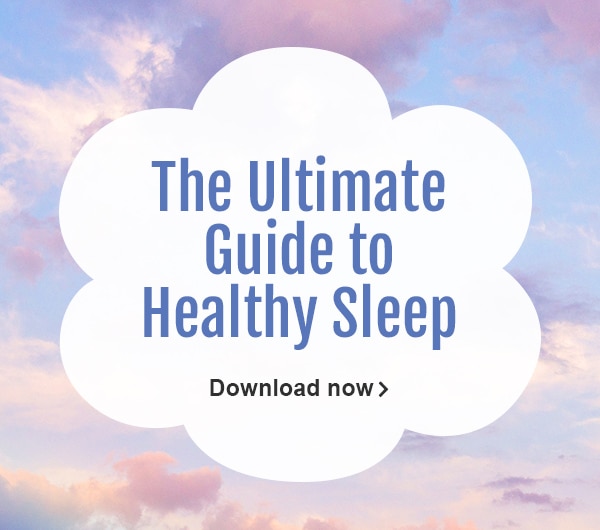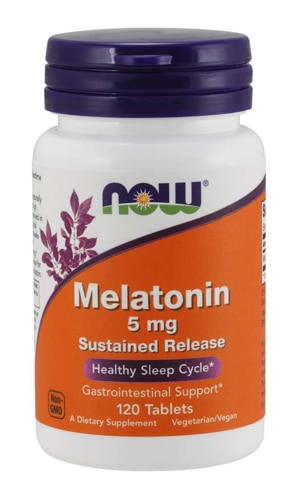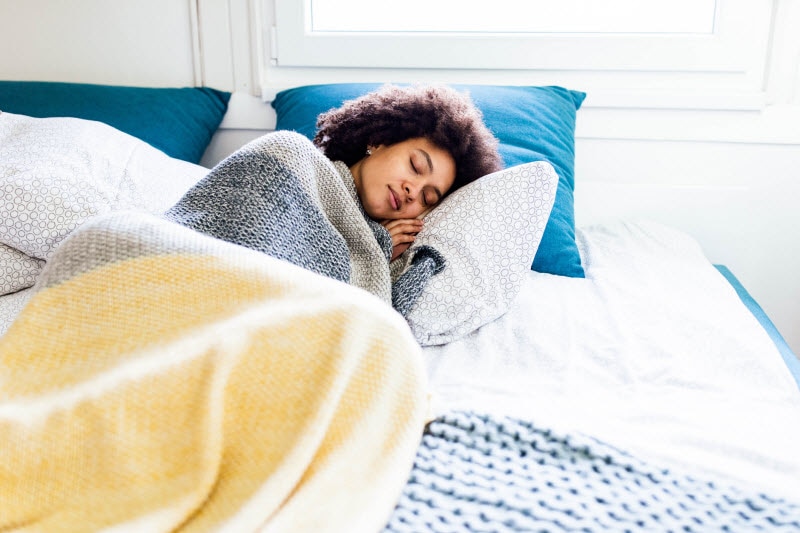Why are dreams important?
Dreams can feel confounding. Sometimes scary, sometimes inspiring, often weird. Still, they're a necessary part of our sleep process. Sleep falls into four categories which people cycle through throughout the night. The first three are non-rapid eye movement (non-REM sleep) stages, and the fourth stage is rapid-eye-movement (REM sleep). Most dreams occur during REM sleep cycles categorized by rapid brainwave firing and vivid dreaming. According to the National Sleep Foundation, the average person spends about two hours in REM dream sleep each night. Broken into different segments, these periods start small and grow longer throughout the night, ranging from approximately 10 minutes to almost an hour. The most prolonged REM sleep cycles occur during the early morning hours.The benefits of dreaming
Sleep and dreaming expert Matthew Walker, professor of neuroscience and psychology at the University of California, Berkeley and author of the bestselling book Why We Sleep: Unlocking the Power of Sleep and Dreams, explores two main benefits of dream sleep: increased creativity and overnight therapy.Creativity
REM dream sleep is linked to creativity, creative thinking and higher forms of problem-solving. Past experiences combine with newly encountered information when we dream. During this time, Walker says, "the brain essentially performs informational alchemy." Walker hypothesizes that non-REM sleep stages occur first because they help take information previously learned and lock it into memory in the brain. Next, REM sleep cycles fuse new information with the back catalog of data already stored in the brain throughout your lifetime, creating what he calls a "revised mind-wide web of associations." Walker shares that these aren't the typical, logical connections people make throughout their waking hours. Instead, they are the "longshot" connections that only the subconscious and unconscious mind can create. This recombining of stimuli in new and novel ways is thought to allow for "remarkable creative insights into previously impenetrable problems." This has been illustrated repeatedly, where artists, writers, musicians, theoreticians and scientists have dreamt up resolutions to their problems, showing that dreaming facilitates creative solutions, new ideas and knowledge synthesis.Overnight therapy
In an article for UC Berkeley’s Greater Good Magazine, Walker breaks down the science behind the emotional first aid dreams provide. "REM sleep is the only time when our brain is completely devoid of the anxiety-triggering molecule noradrenaline. At the same time, key emotional and memory-related structures of the brain are reactivated during REM sleep as we dream. This means that emotional memory reactivation is occurring in a brain free of a key stress chemical, which allows us to re-process upsetting memories in a safer, calmer environment." So dreams actually give space and time for individuals to separate from the powerful negative emotions tied to their traumatic experiences. Walker describes this time as the "nocturnal soothing balm that smooths those painful stinging edges of difficult experiences. So it's not time that heals all wounds, but it's time during dream sleep that provides you with emotional convalescence."What happens if you don't get quality dream time?
Studies show that adults need a solid eight hours of sleep a night to recover, and children need even more rest. That doesn't mesh with busy schedules, and sleep often falls by the wayside for many. Rubin Naiman, Ph.D., FAASM, psychologist and clinical assistant professor of medicine at the University of Arizona Andrew Weil Center for Integrative Medicine, wrote a research review in the Annals of the New York Academy of Sciences exploring dream deprivation. Naiman equated dream loss to an "unrecognized public health hazard that silently wreaks havoc with our lives, contributing to illness, depression and an erosion of consciousness." Naiman says, "We are at least as dream deprived as we are sleep deprived." And that the consequences of REM/dream loss are vast, including pain and inflammation, increased obesity, memory deficits, neurological disorders, anxiety, depression, mood disorders and higher possibilities for mortality and cancer. How can you tap into the emotionally healing and creative insights of REM sleep? Walker shares these healing sleep tips for better rest.- Keep a regular sleep routine.
- Keep the temperature cool in your room to get better sleep.
- Keep it dark to trigger melatonin. Dim the lights in your home before bed, and remove bright electronic devices.
- Leave your room if you can't sleep, do something else, and come back again once you're sleepy to train the brain bed is meant for sleep.
- Cut out caffeine and alcohol in the evening.
- Have a wind-down routine to transition the body and mind into sleep.
Looking for more sleep advice? Check out Vitacost's free e-book: The Ultimate Guide to Healthy Sleep.
 [/vc_column_text][/vc_column][/vc_row][vc_row][vc_column][vc_text_separator title="Featured Products" border_width="2"][vc_row_inner equal_height="yes" content_placement="middle" gap="35"][vc_column_inner width="1/3"][vc_single_image image="159806" img_size="full" alignment="center" onclick="custom_link" img_link_target="_blank" css=".vc_custom_1652665790918{padding-right: 7% !important;padding-left: 7% !important;}" link="https://www.vitacost.com/vitacost-synergy-sleep-support-with-melatonin-valerian"][/vc_column_inner][vc_column_inner width="1/3"][vc_single_image image="159807" img_size="full" alignment="center" onclick="custom_link" img_link_target="_blank" css=".vc_custom_1652665814039{padding-right: 7% !important;padding-left: 7% !important;}" link="https://www.vitacost.com/zhou-driftoff-60-veggie-capsules"][/vc_column_inner][vc_column_inner width="1/3"][vc_single_image image="159808" img_size="full" alignment="center" onclick="custom_link" img_link_target="_blank" css=".vc_custom_1652665835428{padding-right: 7% !important;padding-left: 7% !important;}" link="https://www.vitacost.com/tazo-caffeine-free-dream-herbal-tea"][/vc_column_inner][/vc_row_inner][/vc_column][/vc_row]
[/vc_column_text][/vc_column][/vc_row][vc_row][vc_column][vc_text_separator title="Featured Products" border_width="2"][vc_row_inner equal_height="yes" content_placement="middle" gap="35"][vc_column_inner width="1/3"][vc_single_image image="159806" img_size="full" alignment="center" onclick="custom_link" img_link_target="_blank" css=".vc_custom_1652665790918{padding-right: 7% !important;padding-left: 7% !important;}" link="https://www.vitacost.com/vitacost-synergy-sleep-support-with-melatonin-valerian"][/vc_column_inner][vc_column_inner width="1/3"][vc_single_image image="159807" img_size="full" alignment="center" onclick="custom_link" img_link_target="_blank" css=".vc_custom_1652665814039{padding-right: 7% !important;padding-left: 7% !important;}" link="https://www.vitacost.com/zhou-driftoff-60-veggie-capsules"][/vc_column_inner][vc_column_inner width="1/3"][vc_single_image image="159808" img_size="full" alignment="center" onclick="custom_link" img_link_target="_blank" css=".vc_custom_1652665835428{padding-right: 7% !important;padding-left: 7% !important;}" link="https://www.vitacost.com/tazo-caffeine-free-dream-herbal-tea"][/vc_column_inner][/vc_row_inner][/vc_column][/vc_row]




